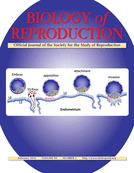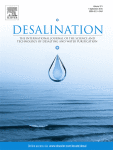 We’ve come across a new way to say the data in a paper are not reliable:
We’ve come across a new way to say the data in a paper are not reliable:
It has been found that the study represented in the article was not conducted in reality.
That’s from the retraction note for a paper that Anesthesia Essays and Researches has retracted for data falsification. The rest of the retraction note for “Intrathecal dextmedetomidine to reduce shoulder tip pain in laparoscopic cholecystectomies under spinal anesthesia” explains:
Continue reading Retracted anesthesia study “was not conducted in reality”

 An education journal is pulling a 2014 paper about how US funding partnerships in Africa could alleviate local poverty, after the author admitted to mistakenly lifting sentences from work presented at a 2012 conference.
An education journal is pulling a 2014 paper about how US funding partnerships in Africa could alleviate local poverty, after the author admitted to mistakenly lifting sentences from work presented at a 2012 conference.





